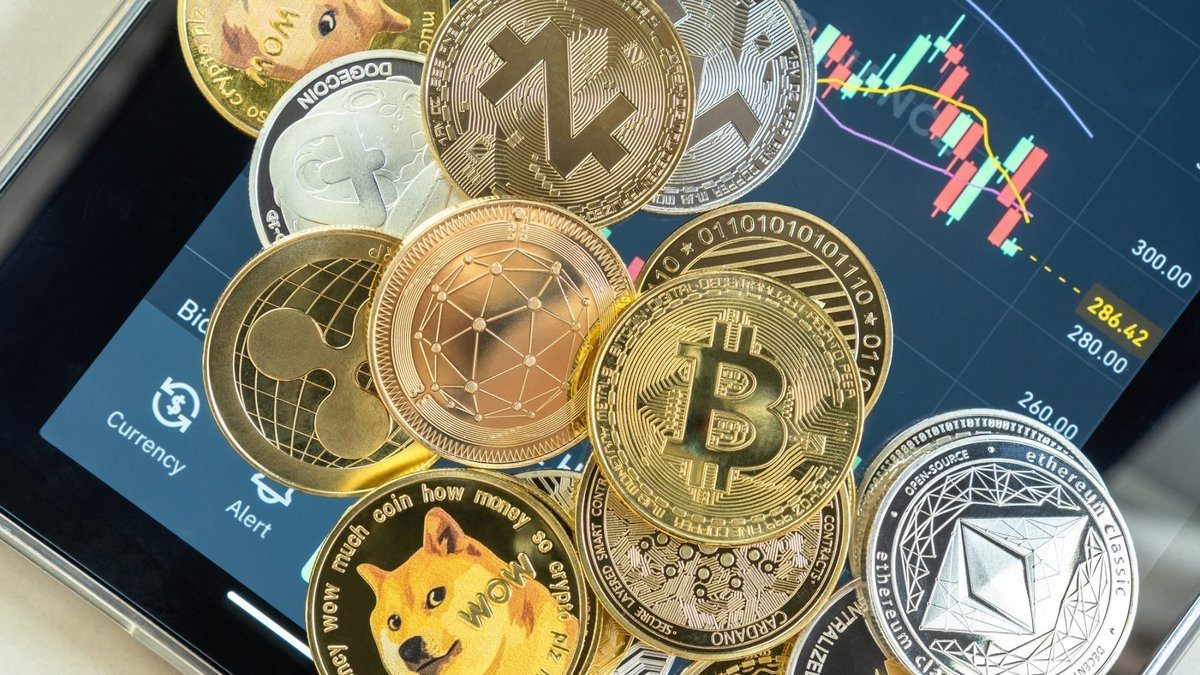The Philippines maintains its position as one of the top nations for the adoption of cryptocurrencies. The country presently occupies the sixth position, according to blockchain intelligence company Chainalysis, demonstrating strong performance in both centralised and decentralised finance service value. Despite the fact that this represents a decline from the second place the year before, industry leaders in the Philippines are upbeat because they see a growing adoption of blockchain technology by Filipinos that goes beyond cryptocurrencies.
The Philippines is moving closer to developing a formal regulatory framework for cryptocurrencies, just like many other countries across the world. The Bahamas-based FTX, a cryptocurrency exchange, collapsed in late 2022, delaying the country’s Securities and Exchange Commission’s (SEC) adoption of a framework for digital assets.
Jenny Ortiz-Bolivar of Forkast had a private conversation with Kelvin Lester Lee, the Philippine SEC Commissioner, during Philippine Blockchain Week. They discussed the agency’s viewpoint on cryptocurrencies and digital assets, the sharp increase in crypto scams in the country, the collaboration efforts with Southeast Asian nations, and the enforcement actions carried out by the U.S. SEC.
The FTX collapse was mentioned by the (Philippines) SEC as the basis for the agency’s decision to postpone publication of the nation’s crypto framework. What has changed recently regarding this? When can we anticipate the framework being released?
Within the next month or so, it will be available for public feedback. Depending on the response from the general public, we will then decide whether to implement at the end of the current year or in the first or second quarter of the next year. One thing I’d like to say right away is to ask everyone to wait until the draught is out, comment on it, and help us decide how to proceed.
We want to ensure that the general public supports this. Since we were building it up in a way to safeguard the general public, we also want to make sure that the public is prepared for this.
I’m not claiming that all cryptocurrencies will be regulated. That’s not the way to go. We’ll evaluate and determine whether cryptocurrencies, or digital assets as we’ll refer to them, might function as securities. That’s what we’ll control.
I’m open to discussing cryptocurrencies in general. Since we recognise that this is the next development in the financial system’s evolution, we are generally open to it. We comprehend that. So, according to applicable legislation, it only seems sense that we would strive to accommodate it.
Regarding the NFTs, we shall approach them differently depending on their intended purpose. We should not interfere with the NFT if it is to be used as a creative medium. However, if it functions and attempts to resemble a security, a digital asset that is actively traded, then we will need to treat it in a different way someplace. By the way, the Monetary Authority of Singapore employs this mechanism.
They really taught me that when I spoke with my counterpart there and we were discussing it earlier this year; they had led me to believe that’s how they handle NFTs. I believed that we would implement a similar measure on an unofficial basis. Although we didn’t release regulations for this, we are definitely considering handling it in that way whenever the rules for digital asset offerings are released.
Very impressive. There is a group here named ASEAN Capital Markets Forum. My colleagues in the 10 ASEAN nations are therefore a part of that, and we frequently work together. We have four annual meetings. Next month’s event will be in Bali. I represent the Philippines there, and one of the topics on the agenda is typically a discussion of the various legal frameworks and regulatory frameworks that apply to digital assets and cryptocurrencies in our country. Our cooperation in this area is therefore ongoing and excellent.
We get along great with the American SEC. The U.S. SEC actually brought a delegation here just a few weeks ago to educate our personnel on enforcement, how to handle not only digital assets but also sustainable finance and several relevant capital market regulations. There are currently no intentions to implement a crackdown in that manner.
However, we agree with the U.S. SEC’s position that it is a counterpart agency and respect their right to conduct business as usual in their area of responsibility. They will also respect what we accomplish inside our sphere of influence. Now, what happens with our local players will determine whether or not we ever enter a crackdown. In the event of abuse,
It’s interesting to note that many of these crypto frauds have little to do with cryptocurrencies. They are typically just Ponzi schemes, but they add the “crypto” label to make the public find them more alluring and more likely to invest. We have already carried out searches, issued advisories, and issued cease and desist orders against several businesses in connection with that.
I want to make it very clear to the general public: before you invest or do anything related to investing your money, digital assets, or whatever you want to call it, check with the SEC. Please contact the SEC to find out whether the firm is legitimate, whether it exists, and whether it is even registered in the Philippines.

